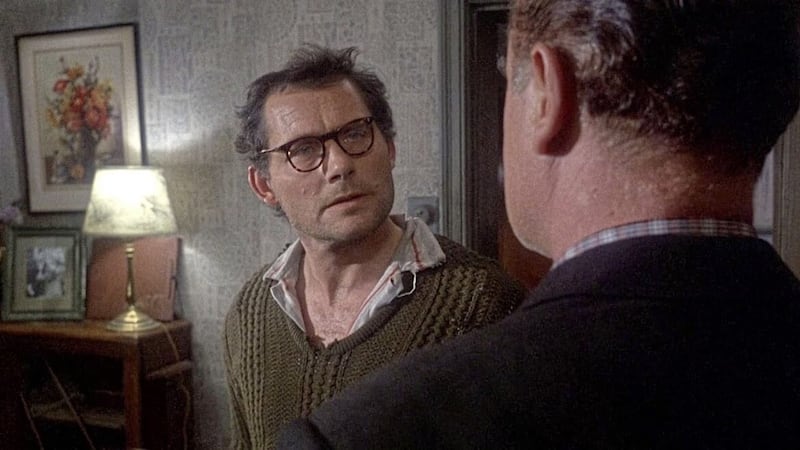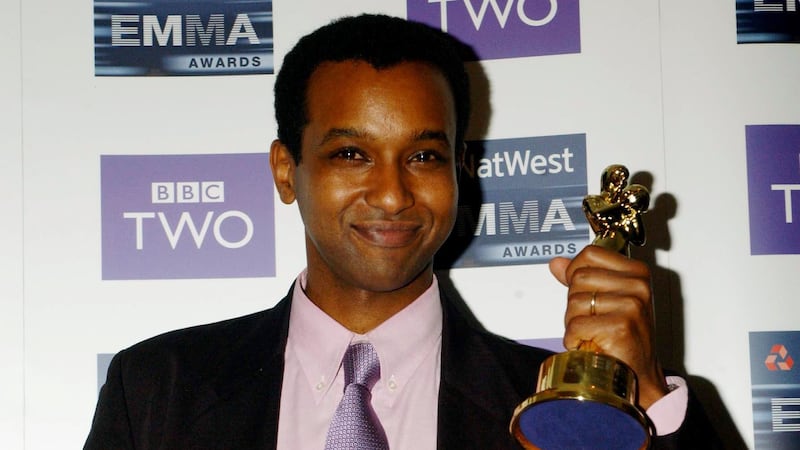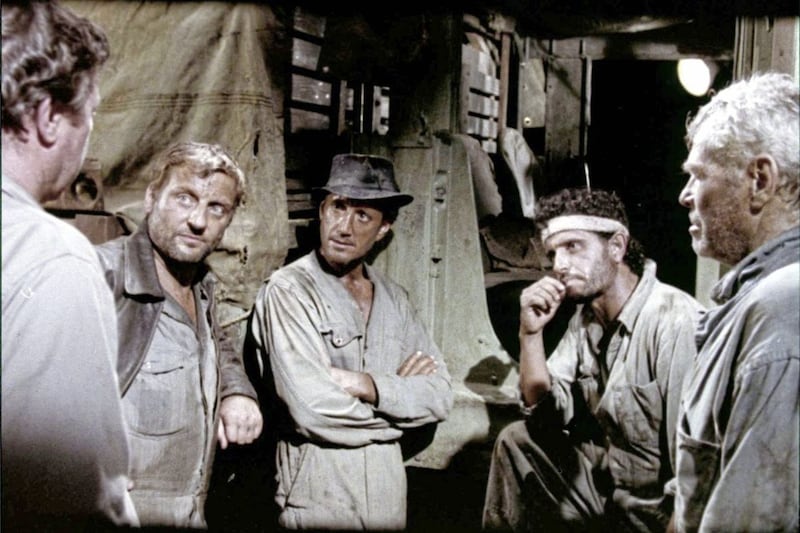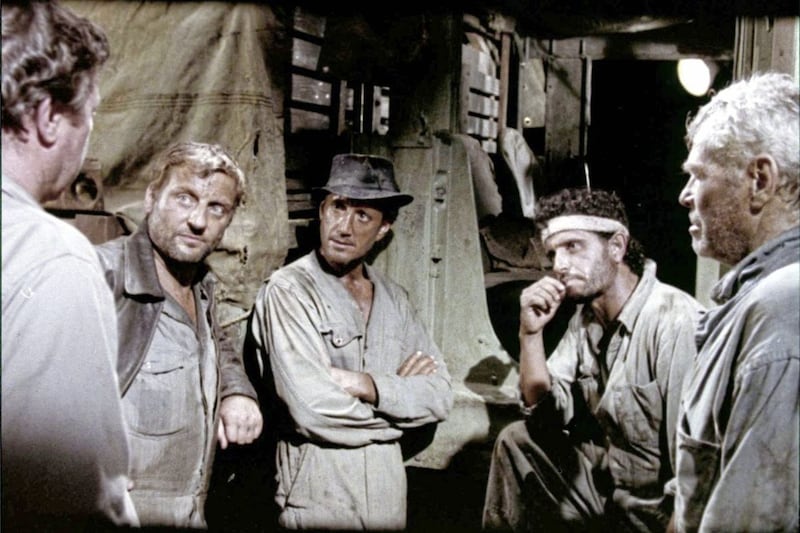WHEN William Friedkin left us earlier this week at the age of 87, the film world lost one of its greatest ever storytellers.
A leading light of American cinema in the early 1970s, he delivered some of the finest films of that golden era. Movies like The French Connection, which re-defined the parameters of the classic streetwise crime thriller, and The Exorcist, a game-changer in the world of high-class horror, may have hoovered up numerous Oscars and made the Chicago-born director a superstar, but there are other offerings on his CV equally worthy of respect.
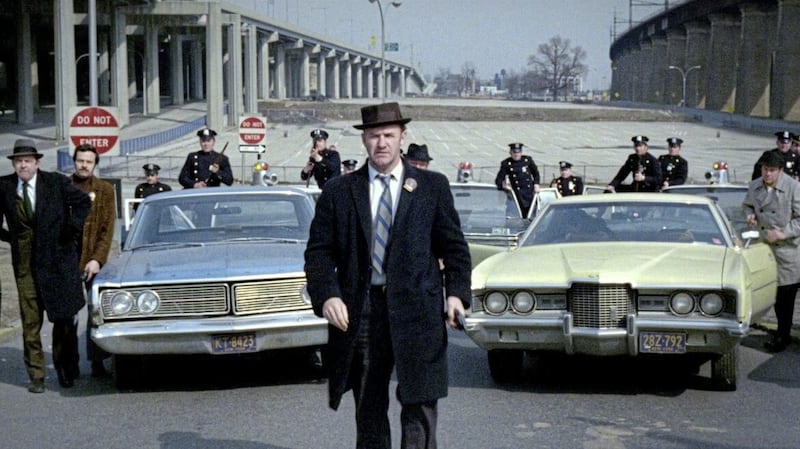
Sorcerer is a terrific thriller that suffered from being released in close proximity to the all-conquering Star Wars in 1977: it's actually a fascinating and super-tense story of four men forced to transport gallons of lethal nitro-glycerine across the jungles of Latin America that deserves a better reputation than it has, while 1985 crime drama To Live And Die In LA is a superior neo-noir with Willem Dafoe at the top of his game.
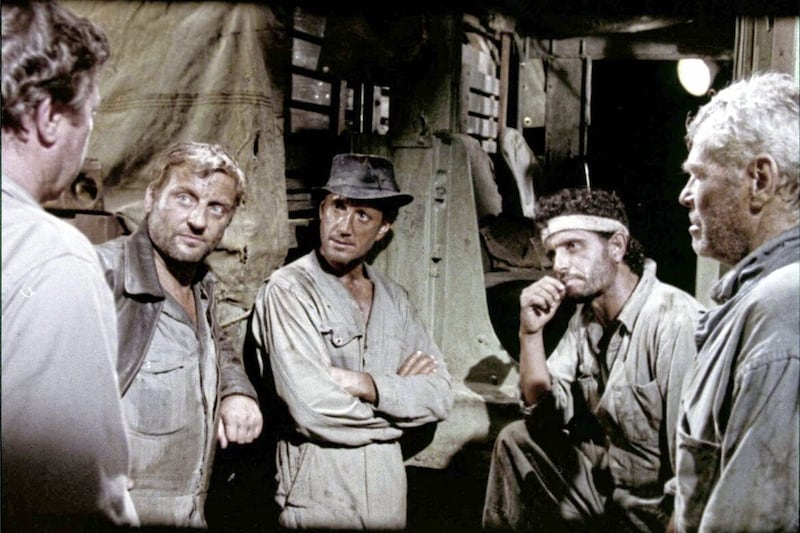
If you want to sample a little of the director's early work, though, I'd suggest digging out his 1968 big screen adaptation of Harold Pinter's play The Birthday Party. A very personal project for Friedkin, who'd first seen the stage production in 1962, he called it "the first film I really wanted to make, understood and felt passionate about". That personal touch is visible on screen throughout and makes for a truly intense viewing experience.
Sensitive, strange and imbued with a tangible sense of dread, it's a brilliant adaptation of a piece that many would argue defies cinematic adaptation. It's to Friedkin's credit that he doesn't mess with the stage structure of the piece about an oddball lodger in a tatty seaside boarding house visited by two sinister mobsters from his past, with horrifying results, allowing the classic tale to unfold in all its cold and claustrophobic glory.
Read more:
The Exorcist director William Friedkin hailed as a ‘cinematic master’
Francis Ford Coppola hails William Friedkin as ‘a deep-feeling giant of a man’
The lodger, the last guest standing in the down-at-heel house run by Meg and Petey (played by Dandi Nichols and Moultrie Kelsall), is nailed with edgy genius throughout by the great Robert Shaw, while the gangsters are sketched in with varying degrees of menace by two superb character actors in the form of Sydney Tafler as Goldberg, a slimy enforcer, and Armagh's own Patrick Magee as the brutal thug, McCann.
Pinter himself delivered the screenplay, and there's much pleasure to be had watching the actors spark off each other with such rich material.
Like the stage play, the film leaves much unresolved – who are the hoods, who is the boarder and how do they originally know each other? – but Friedkin revels in the ambiguity and cranks up the sense of horror and rising tension with every beautifully framed scene.
It's a low budget affair, produced by the tiny Amicus Films in the UK, and, compared to some of the later Hollywood films he would front, it's arthouse in attitude rather than mainstream-friendly – but it shows a director who means business.
Edgy, relentless and unforgettable, it's an early example of a directorial legend in the making.
